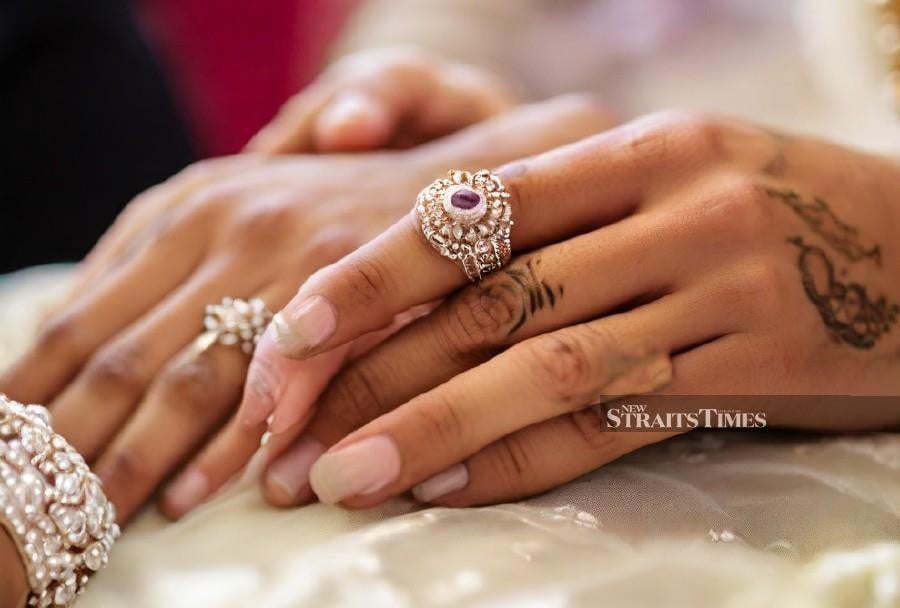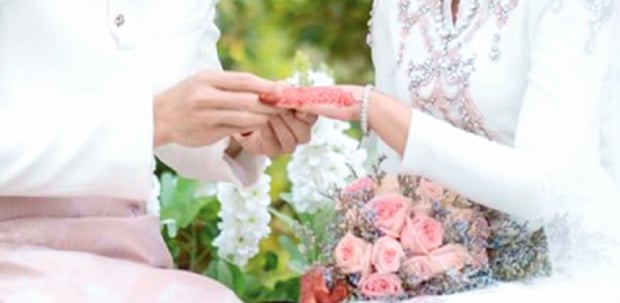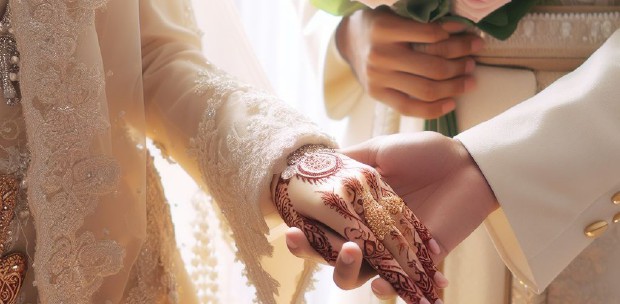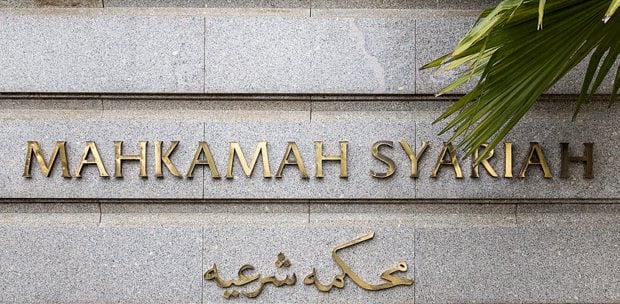KOTA BARU: The Narathiwat Islamic Council has confirmed that a significant number of Malaysian women have entered into matrimonial unions with foreign nationals in southern Thailand.
Its vice-president Abdul Aziz Che Mamat said 90 per cent of these women were widows, and they cited a variety of reasons to get married in southern Thailand.
The most common reason, he added, was that the women did not have permission from their family members to marry foreigners, while other reasons included their inability to obtain a wali (guardian) and the simple marriage procedure set by Thai religious authorities.
Abdul Aziz said that many Malaysian women picked spouses from Pakistan, Bangladesh, and Indonesia to marry in southern Thailand.
"It cannot be denied that a considerable number of Malaysian women have travelled to southern Thailand to wed foreign companions in recent years.
"The council has documented a minimum of two to three cases per month in Narathiwat, with the majority of the women originating from East Coast states in Malaysia.
"This 'mixed marriage' started after the Covid-19 pandemic but it became rampant two years ago.
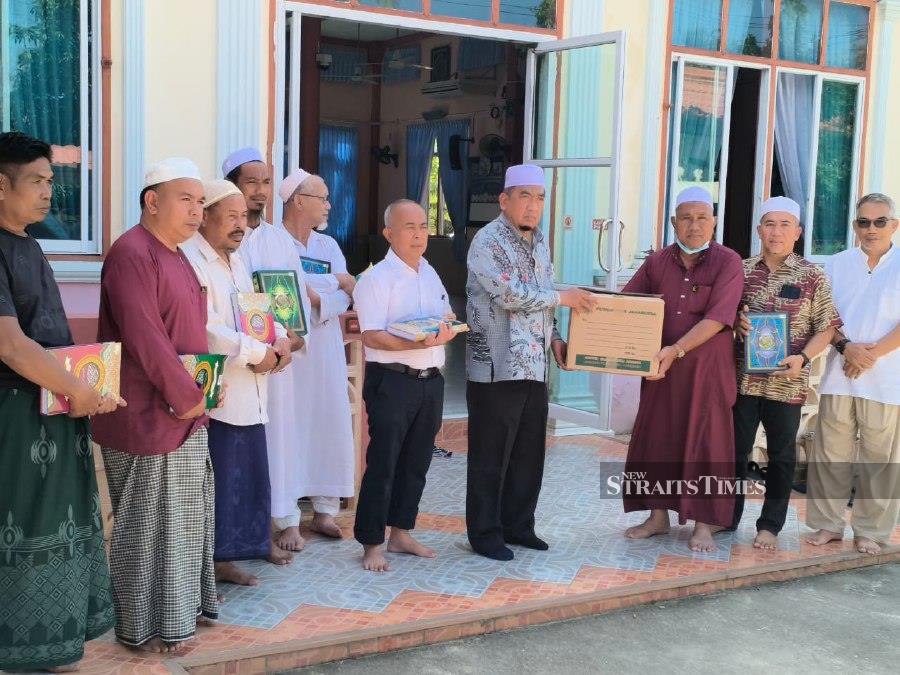
"Before performing the 'nikah' (marriage solemnisation) ceremony, our imam (Thai imam) would ask the couples why they chose to tie the knot here and many relayed their reasons.
"The couples also said that they entered Thailand legally, not through the illegal jetty, and that they were willing to go far to ensure their marriages were lawful," he said.
Abdul Aziz told NST this when met after receiving a Quran donation from a Malaysian non-governmental organisation (NGO) at a mosque in Narathiwat recently.
He said the council had no objections to Malaysians getting married in the province so long as the appropriate procedures were followed.
"In Narathiwat alone, we have 30 imams who are authorised to perform the solemnisation ceremony.
He also cautioned couples not to fall prey to bogus Thai imams, particularly those operating along the Kelantan/Thailand border.
"I would like to stress here that the issue of 'akad nikah' along the Golok river no longer exists because we (the council) succeeded in getting rid of the phoney imam or marriage agent more than a year ago," he added.
Meanwhile, NST managed to interview a Malaysian woman who had tied the knot with a Pakistani man in 2020.
Azizah (not her real name) is a foodstall owner in Jerteh, Terengganu, and married her husband only known as Malik in Sungai Golok town.
She said she was a widow and had a six-year-old daughter when she met Malik in 2019. At the time, she was 42 while Malik was 31.
"When I told my parents and siblings that I wanted to marry Malik, they didn't agree. I told them how much I loved him and how he was the perfect man for me since he could look after my daughter and I.
"We did not receive my family's blessing when we married in southern Thailand about two years ago, and I did not even have a wali to bring to Padang Golok at the time.
"However, in spite of the resistance and numerous challenges encountered, we ultimately entered into matrimony and were blessed with a child," said Azizah, adding that her family had since accepted their marriage.
It was reported on Jan 8 that women in Kelantan, mainly widows or spinsters, are turning to foreign men to take on as spouses to escape the stigma of being unmarried.
These women, the majority of whom are financially secure, would offer their potential partners a monthly allowance, accommodation, a car or motorcycle, as well as business opportunities.
These remunerations are sometimes part of a marriage deal or also known as "kahwin kontrak" or contract marriages, where the couples unofficially pledge to remain married for a certain period, which can be as long as five years. (
Following the report, the Kelantan government has denied the existence of contract marriages between local women and foreigners in the state.
A statement from the state Islamic Development, Dakwah, Information and Regional Relations office said the Kelantan Islamic Religious Affairs Department denied the existence of such marriages.
It said that the department had confirmed to the state government that no contract marriage existed in Kelantan.
The shariah law enforcement division had never received complaints about contract marriages in the state.


